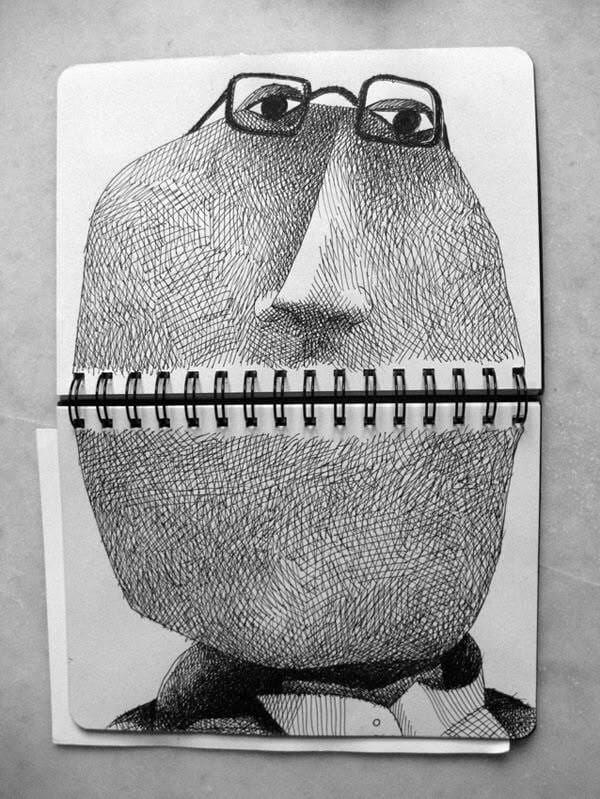You’re reading The How to Live Newsletter, where we uncover the hidden psychological forces shaping our lives—and learn how to outgrow their influence.
Through deep research, personal storytelling, and hard-won insight, I challenge the myth of normalcy and offer new ways to face old struggles.
This newsletter is reader-supported. Consider a paid subscription for deeper insights, exclusive content, and seasonal in-person community gatherings if it resonates. ❤️
You can also donate any amount.
The Doubt Paradox: Why We Trust Others' Judgments Over Our Own
There are things in your childhood where you have to say what your name is and pretend you’re a person, but I’m still not really a person, and I never really had to be a person in that way, because I feel like this other way of understanding the world makes more sense to me.
Some of the most intelligent people I know battle chronic doubts about their intelligence. Some of the most original and ingenious minds I’ve encountered consistently worry that their innovative perspectives are contrived and obvious.
Why can’t we do it?
Self-doubt tells us that we’re not good enough, that we’ll never be good enough, and that everyone else knows how to do all the crap we fear we’re unable to do.
Everyone suffers from a degree of self-doubt at some point. Should we take the time to trace back to that first taste, we’d likely find ourselves in childhood.
Others made it to adulthood before the first rush of self-doubt came to claim them. Like many traits, there are healthy and unhealthy forms of self-doubt. If it is the first thing to flare up in the face of a new challenge, if it fuels your procrastination and indecision, then you are probably struggling with an over-inflated sense of self-doubt.

For much of my life, I’ve been convinced there is a right way to be human, and I’m doing it wrong.
I learned many rules about intelligence. I was taught by observing the behavior and actions of the adults around me—the message I received was that information equaled intelligence, and retaining facts and figures meant you were smart.
Based on these ideas, I understood that I was not smart. My brain, after all, was not made from the soft earth where facts and figures took root. I learn by doing. I must experience, live through, visit, touch, or see the thing working in real time to understand its machinations truly. The American system of teaching kids who sit all day was counterintuitive to how I learned.
I am not a one-size-fits-all person; most of our systems are built upon the one-size-fits-all model. The agenda behind America’s whole-cloth educational system was eugenic. It aimed to sift and sort; to classify and order human worth. Its ultimate goal was to establish a superior white race. The standardization of tests (including the SATs) and other norms was created by highly privileged and educated white men who wanted to maintain the white race at all costs.
What does eugenics have to do with self-doubt, you might be asking?
Everything.
My most profound insights don't go in the free version—they're distilled from my 27 years in therapy, decades of independent study, and work as a mental health advocate. These deeper dives are reserved for readers committed to going deeper.
Join How to Live
Making concepts from psychology concrete
Get Immediate AccessA subscription gets you:
- All articles the moment they're published
- Instant access to the entire archive of 150+ posts
- Occasional bonus posts
- Invitations to seasonal in-person events
- Discounts on all workshops
- Direct email access: get personalized resource recommendations + advice (ANNUAL PLAN ONLY)


